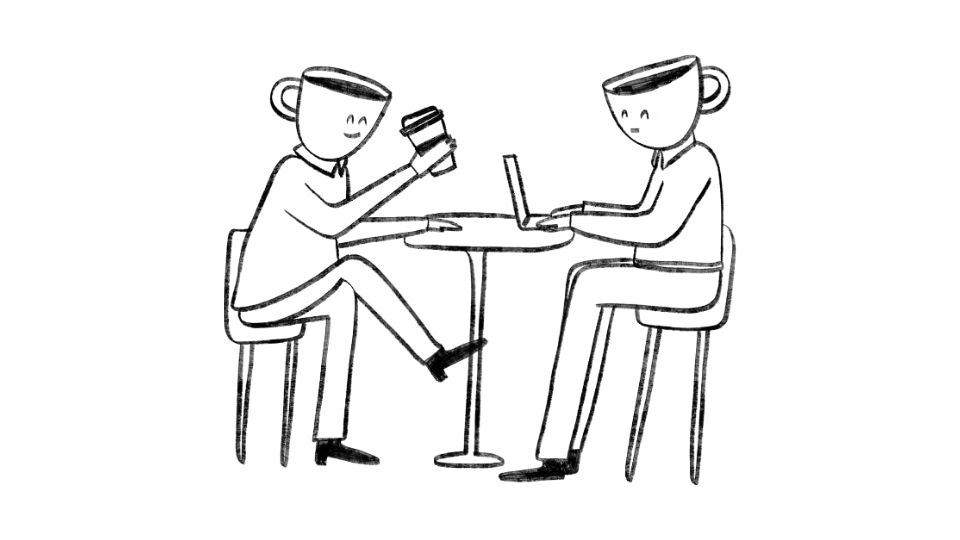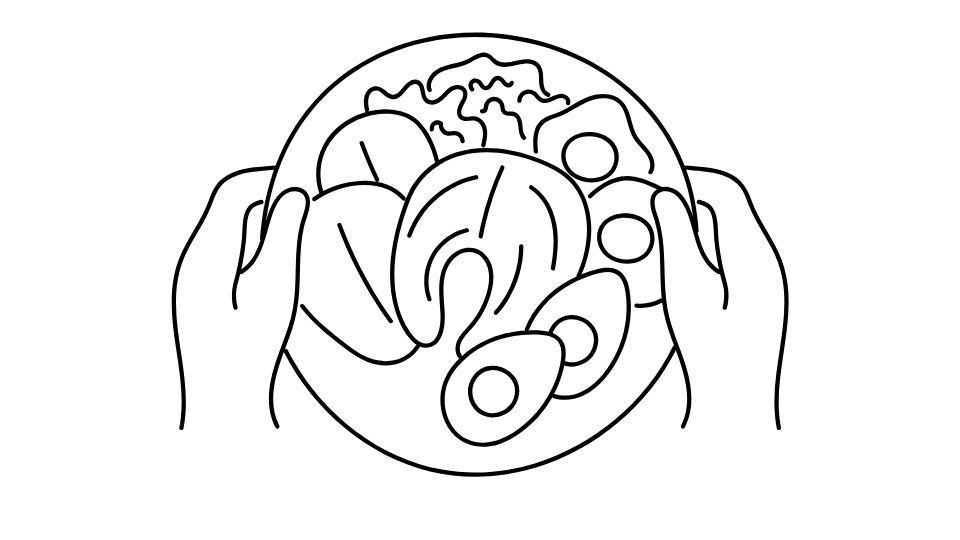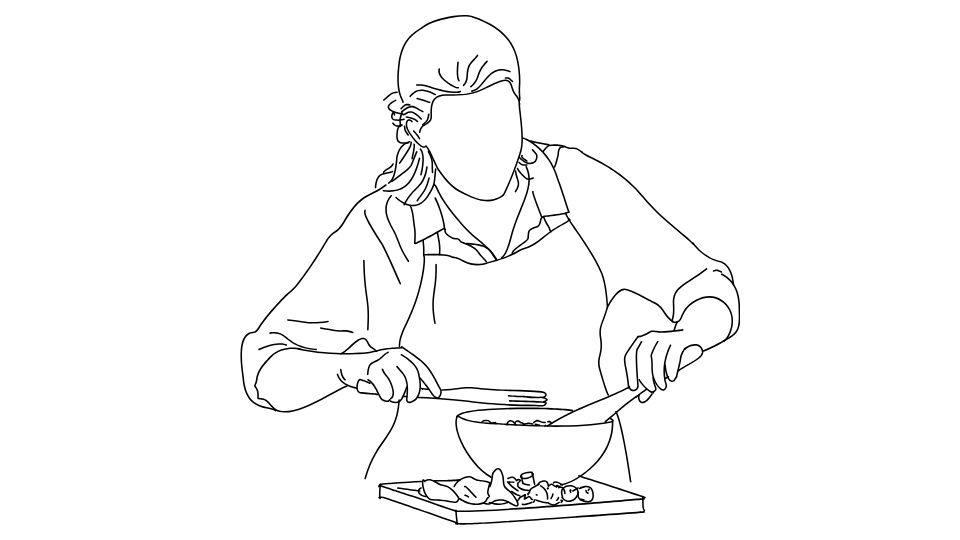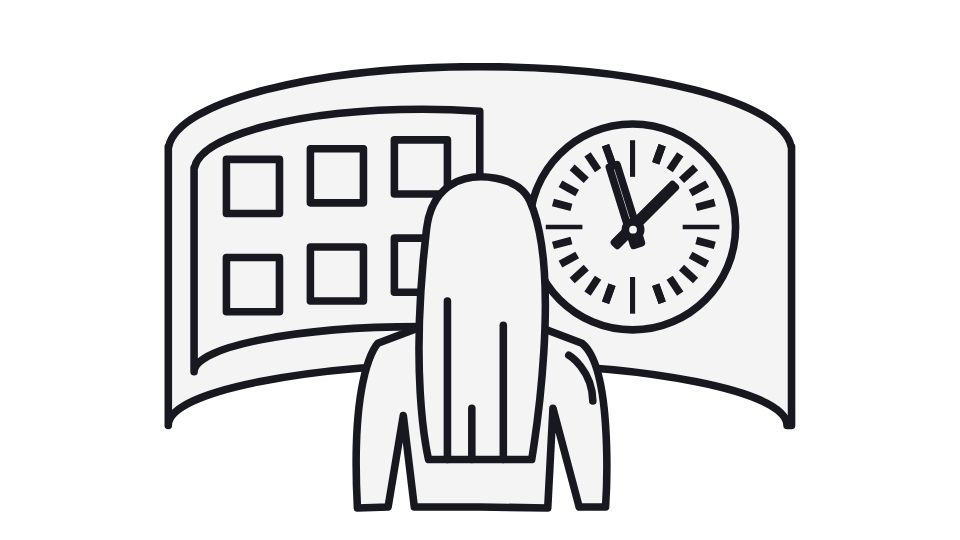Ever catch yourself triple-checking the calorie count of a banana or getting anxious when you can’t log every bite? Food tracking obsession is real – and it’s more common than you think.
The good news? You’re not alone, and there are proven ways to break free from the tracking trap without sacrificing your health goals.
Let’s explore why our brains get so fixated on food tracking and how to develop a healthier relationship with both food and the tools we use to monitor it.

Why We Get Obsessed With Food Tracking (And How To Stop)
The Psychology Behind Food Tracking Obsession

When you restrict what you eat, your body goes into survival mode – literally thinking it’s starving. And what do starving bodies do? They become obsessed with food.
This isn’t just psychological; it’s biological. Your brain starts flooding you with food thoughts as a way to say “Hey! We need energy here!” This explains why you might find yourself constantly thinking about recipes, meal timing, and your next snack.
The problem gets worse with calorie counting apps that turn eating into a numbers game. Suddenly you’re “good” if you’re under your calorie goal and “bad” if you’re over – hello, perfectionism spiral!
Some users even develop anxiety around foods that are harder to track, avoiding social situations or restaurant meals because they can’t control the exact calorie count. That’s no way to live!
Breaking Free From The Tracking Trap

A healthy relationship with food goes way beyond numbers. Food is culture, joy, nourishment, and connection – not just fuel with a calorie count attached.
Here’s what a balanced approach looks like:
- Giving yourself unconditional permission to eat foods you enjoy
- Trusting your body’s hunger and fullness signals
- Avoiding the “good food” vs. “bad food” trap
- Not obsessing over scale numbers or calories
- Finding balance between nutrition and pleasure
Don’t expect to fix everything overnight! Pick one aspect to work on and give yourself grace during the process. Rome wasn’t built in a day, and neither is a healthy relationship with food.
Reconnecting With Your Body’s Wisdom

Most of us turned to tracking because we stopped trusting our body’s natural signals. The good news? You can relearn this skill with practice.
Mindful eating helps rebuild that connection. Before meals, check in with your hunger level on a scale of 1-10. During meals, notice flavors and textures. After eating, assess your fullness without judgment.
Research shows that mindfulness practices significantly reduce food preoccupation and eating anxiety. Your body actually knows what it needs – you just need to start listening again.
Using Tracking Tools Responsibly
Tracking itself isn’t inherently bad – it’s how we use it that matters.
Instead of obsessing over hitting exact numbers, use tracking as an educational tool. One person shared how tracking initially helped them learn portion sizes and energy balance, which actually led to a healthier mindset and reduced binge eating over time.
If you do track, consider simpler methods that reduce the mental load. For example, some apps let you take food photos instead of logging every ingredient, or use text messages to log meals without opening an app 20 times a day.
Studies suggest that excessive tracking can increase orthorexic tendencies – that’s when healthy eating becomes an unhealthy obsession. So if tracking is making you anxious rather than informed, it might be time to scale back.
Building Sustainable Eating Habits
The 80/20 approach is a game-changer for recovering trackers. Aim for nutritious, satisfying foods about 80% of the time, and enjoy your favorite treats the other 20% without guilt.
This balanced approach prevents the restriction-binge cycle that fuels obsession. When no foods are forbidden, you stop the “last supper” mentality where you overeat something because you’re planning to restrict it tomorrow.
Flexible dietary approaches have been shown to support long-term success much better than rigid rules. Your body doesn’t count calories – it responds to patterns over time.
Tools To Help You Break Free

- Meditation and mindfulness can calm obsessive food thoughts
- Challenge food rules by asking “Am I eating this for enjoyment or to follow rules?”
- Avoid competitive tracking where you’re trying to eat less than friends or strangers online
- Seek professional support if tracking triggers anxiety or disordered behaviors
- Remember that meals are experiences, not just data points on an app
The goal isn’t to never think about nutrition – it’s to put food in its proper place in your life. Not as an obsession, but as one of many forms of nourishment and joy.
Breaking free from tracking obsession doesn’t mean abandoning your health goals. It means pursuing them in a way that enhances your life rather than shrinking it. Because real wellness includes mental health too.




Leave a Reply